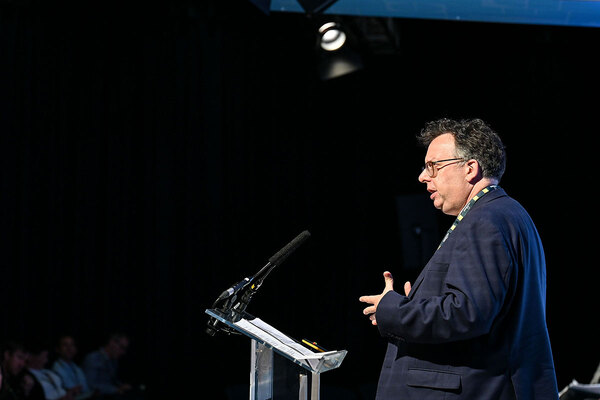Reasoning the riots
In Tottenham father of four Mark Duggan’s life was taken during a police operation. Mr Duggan’s family subsequently organised a peaceful protest the following Saturday only for it to turn into widespread violence in the Tottenham area.
In Brixton, not far from where live a minority of people used the tragic situation in Tottenham as an excuse to loot local businesses and wreck havoc on the streets of Brixton and along parts of Streatham High Road too.
The motives of those responsible were completely opportunistic, and although their actions totally unacceptable, I understand them and they did not come as a shock – I had a conversation two weeks prior [to the disturbances] about how the pursuit of happiness has changed among young people – it’s all status (peer gratification) and materialistic (brands).

I wasn’t surprised when Tottenham erupted into a riot on night following a protest over Mark’s death – those old school stand-offs between the police and communities were considered to be a thing of the past in the wake of many painfully and expensively-learned lessons over the 30 years.
But remember earlier this year, the police clashed violently with protest groups including the Education Activist Network at the fourth “Day X” demonstration to defend the Education Maintenance Allowance.
In light of the riots, there will be those who ask, ‘What possesses people to engage in such criminality, to loot, to engage in violence? What is it about their circumstances that fail to inspire them to choose a different course?’
We should seek answers and address the root causes but this in no way excuses theft and violence. But it boils down to the thrill and hype, you can’t take away that excitement, that sense among a group of people that ‘something big is happening’.
Questions will also be asked about whether the response of the police was all it could have been – I’m aware that they are currently reviewing the deployment of their resources.
Combine the understandable suspicion of, and resentment towards, the Met police based on experience and memory with high poverty and large unemployment and the reasons why people are taking to the streets become clear.
Those who will condemn the events of the riots in London and elsewhere would do well to take a step back and consider the bigger picture: a country in which the richest 10 per cent are now 100 times better off than the poorest, where consumerism predicated on personal debt has been pushed for years as the solution to a faltering economy, and where, according to the Organisation for Economic Co-operation and Development, social mobility is worse than any other developed country.
As Richard Wilkinson and Kate Pickett point out in their book The Spirit Level: Why Equality is Better for Everyone, ‘social problems’ (crime, ill-health, imprisonment rates, mental illness) are ‘far more common in unequal societies than ones with better economic distribution and less gap between the richest and the poorest.
‘Decades of individualism, competition and state-encouraged selfishness – combined with a systematic crushing of unions and the ever-increasing criminalisation of dissent – have made Britain one of the most unequal countries in the developed world.’
Finally, in my view many people been too quick to attribute the criminality we witnessed to young people without waiting for all the facts to emerge or for the police to complete their enquiries and determine who to charge.
My understanding is that people of all ages were involved in stealing from the Currys in Brixton, for example.
We need to understand that the moral fibre has eroded in society; communities have fragmented with neighbours no longer looking out for each other’s children, homes or ideals.
We have become self centred, money driven consumers of status, brands, reality TV and industry. We’re not willing to learn the lessons of the past so we can achieve a future with common goals with our present youth.
It takes a community of families to raise children, and it takes families to cultivate a community.
Daniel Morris is a member of Inside Housing, the Chartered Institute of Housing and the National Housing Federation’s The Riot Report sounding board and is the founder of Urban Sport Life, a social enterprise that uses sport to promote healthier lifestyles among young people, through which he works with organisations including Clapham Park Homes, part of Metropolitan Housing Partnership.
He is also director of Leaders Reflect Solutions, which encourages entrepreneurship in communities.
Inside Housing is running a free webinar ‘How to build stronger communities’ which will discuss ways of preventing a repeat of this summer’s riots.









